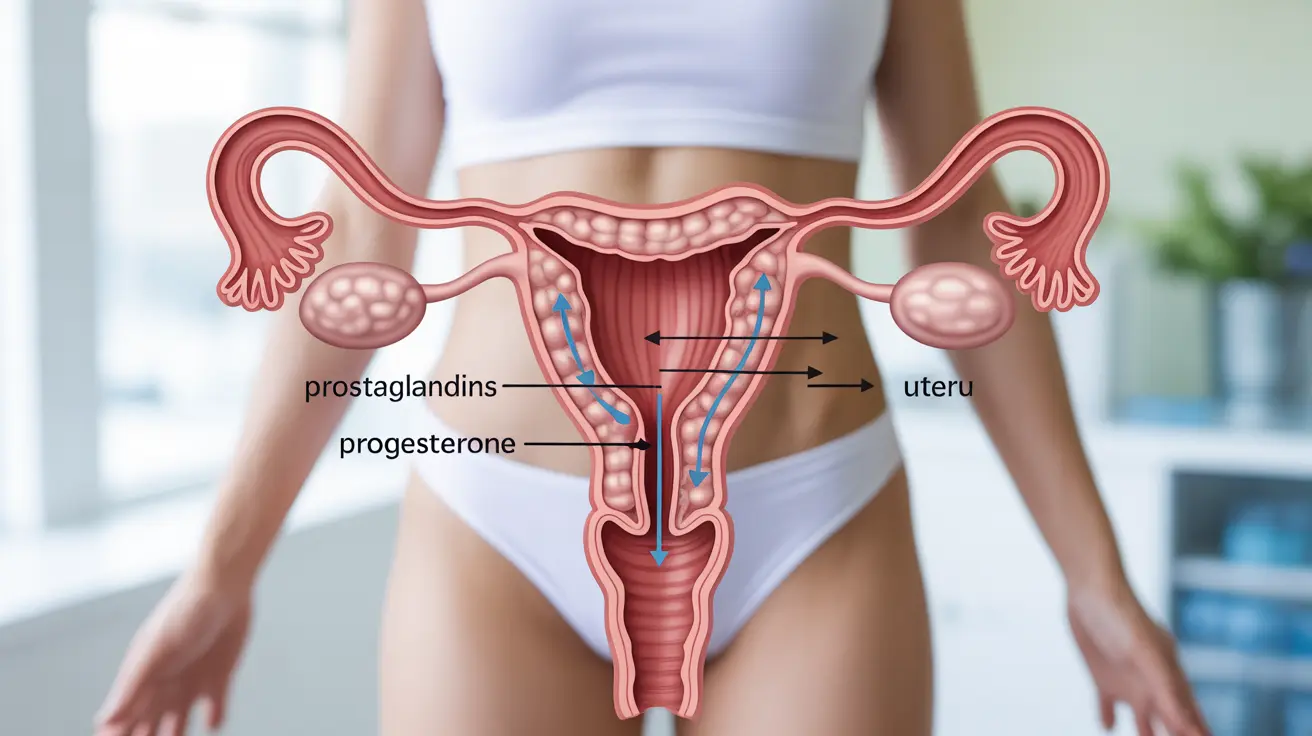If you've noticed changes in your bowel movements during menstruation, you're not alone. Many people experience what's commonly known as "period poops" – alterations in digestive patterns that coincide with their menstrual cycle. Understanding why these changes occur and how to manage them can help you navigate this normal but sometimes uncomfortable aspect of menstruation.
These digestive changes can range from increased frequency of bowel movements to diarrhea or, in some cases, constipation. While these symptoms may be bothersome, they're typically a natural result of hormonal fluctuations during your menstrual cycle.
The Science Behind Period-Related Digestive Changes
The connection between menstruation and bowel changes is primarily hormonal. During your menstrual cycle, your body produces various hormones that can affect not only your reproductive system but also your digestive tract.
The Role of Prostaglandins
Prostaglandins play a crucial role in period-related digestive changes. These hormone-like substances are released to help the uterus contract and shed its lining. However, they can also affect the smooth muscles in your intestines, potentially leading to more frequent bowel movements or diarrhea.
Progesterone's Impact
Progesterone levels fluctuate throughout your menstrual cycle, reaching their lowest point during menstruation. This hormone typically slows digestion, so when levels drop, you might experience more frequent bowel movements.
Common Digestive Symptoms During Menstruation
During your period, you might experience various digestive changes, including:
- More frequent bowel movements
- Looser stools or diarrhea
- Occasional constipation
- Bloating
- Abdominal cramping
Managing Period-Related Digestive Changes
Dietary Adjustments
Making certain dietary modifications can help manage digestive symptoms during your period:
- Increase fiber intake gradually
- Stay well-hydrated
- Limit caffeine and alcohol
- Choose easily digestible foods
- Avoid foods that typically trigger digestive issues
Lifestyle Changes
Several lifestyle strategies can help alleviate period-related digestive discomfort:
- Regular exercise
- Stress management techniques
- Adequate sleep
- Gentle heating pads for cramping
- Regular meal timing
When to Seek Medical Attention
While period-related digestive changes are usually normal, certain symptoms warrant medical attention:
- Severe or debilitating abdominal pain
- Heavy bleeding with severe diarrhea
- Persistent digestive issues throughout your cycle
- Signs of dehydration
- Significant impact on daily activities
Frequently Asked Questions
What causes period poops and why do bowel movements change during menstruation? Bowel movements change during menstruation primarily due to hormonal fluctuations, especially prostaglandins and progesterone. These hormones affect intestinal muscle contractions and overall digestive function.
Why do I sometimes have diarrhea while on my period instead of constipation? Diarrhea during your period is often caused by prostaglandins, which can increase intestinal contractions. When prostaglandin levels are higher, they can lead to more frequent bowel movements and looser stools.
How do hormones like prostaglandins and progesterone affect digestion during my menstrual cycle? Prostaglandins cause muscle contractions in both the uterus and intestines, while progesterone levels drop during menstruation, which can speed up digestive transit time. These hormonal changes together influence bowel movement patterns.
What are effective ways to manage or reduce uncomfortable period poops and related digestive symptoms? Effective management strategies include maintaining a balanced diet, staying hydrated, regular exercise, and using over-the-counter pain relievers when needed. Tracking your symptoms can help you prepare and adjust your routine accordingly.
When should I see a doctor for severe or persistent bowel changes during my period? Consult a healthcare provider if you experience severe pain, heavy bleeding with severe diarrhea, persistent digestive issues throughout your cycle, or if symptoms significantly impact your daily life. These could indicate underlying conditions requiring medical attention.




